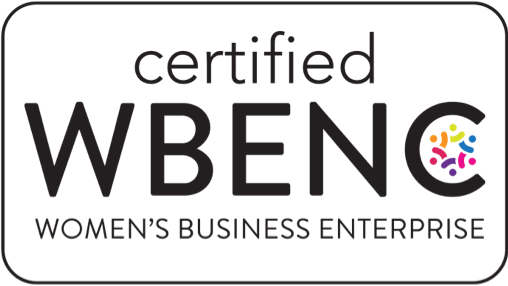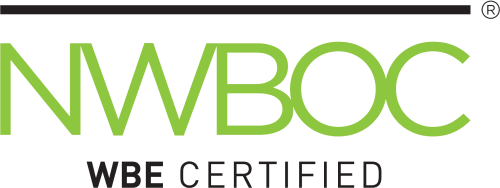Case study: Federal government
Achieving workplace transformation with change management best practices

The client’s perspective
The General Services Administration (GSA) was faced with the monumental task of consolidating approximately 6,000 employees from four distinct offices in the Washington, D.C., metro area into one single workspace. The goal was to encourage collaboration, reduce environmental impacts, and break down organizational barriers.
This wasn’t just a change in physical location: it was an ambitious project requiring a significant cultural shift. These workers would have to adopt and adjust to a new, more mobile way of working—one that incorporated sharing common workspaces, hoteling, and teleworking. The concept of a shared workspace was new and unfamiliar, and questions of routine and protocol troubled some employees. Less tech-savvy employees resisted the tools that would now become part of their daily routine. Others felt the burden of a new commute downtown while also resisting the idea of teleworking from home.
Facing logistical challenges and time constraints due to expiring leases, GSA sought to transform into what it envisioned as the government’s “workforce of the future.” This meant overcoming resistance to new ways of working, unfamiliar technologies, and the psychological hurdles that come with change. To steer this massive project, GSA enlisted Eagle Hill Consulting for change management services. Given the sheer size and complexity of this task, it was evident that a well-structured change strategy was crucial for success.
A new view
Our team approached this endeavor with a toolbox of change management best practices designed to facilitate effective planning and ongoing communication. One of the first steps involved setting key milestones and identifying potential project dependencies that could cause bottlenecks if not addressed.
We designed an employee readiness toolkit to help ease employees into this massive transition. The toolkit featured web-based modules on an array of topics, from the nuances of shared workplace etiquette to effective communication in a mobile work setting. The toolkit also offered practical job aids and activities, including how to reserve office space and troubleshoot common IT issues.
In addition, we developed a Transformation Champions Change Network consisting of 100 employees from various departments within GSA. This network became instrumental as a two-way communication conduit between leadership and staff. Effective meeting management techniques, as well as project management expertise, was applied to make these gatherings focused, action-oriented, and time-efficient. The Champions Network soon became a trusted source of information and support for GSA employees as they moved through the transformation.
Unconventional consulting—and breakthrough results
Integrating change management best practices into our strategic approach paid off. GSA not only successfully consolidated its workforce to one location in Washington, D.C., but also instilled a culture of increased collaboration, mobility, and technological adeptness. The Transformation Champions Change Network has since become a robust internal platform for continuous improvement and information exchange.
In the end, we helped GSA streamline its change management and communications efforts and provided the right tools to equip leaders to deal with their immediate employee concerns and achieve long-term success through organizational change.

